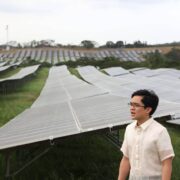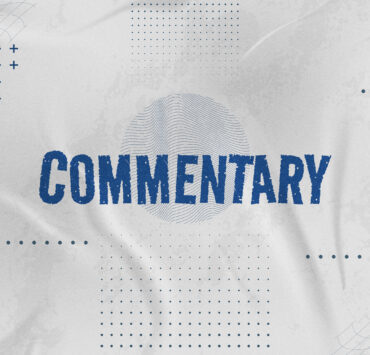Why Philippine seas are missing in 2025 polls

With the May 2025 polls almost upon us, the West Philippine Sea (WPS), a vital segment of the Philippines’ maritime domain, remains absent in electoral debates. Despite its strategic, economic, and ecological importance, the WPS, like the Sulu, Celebes, and East Philippine Seas, has been sidelined.
For an archipelagic nation of over 7,600 islands with one of the world’s longest coastlines, this neglect reflects a deeper identity crisis: Filipinos have yet to embrace what it means to be an archipelagic and maritime nation. The midterm elections offer a critical opportunity to bridge this gap.
Maritime issues consistently take a backseat to land-based concerns like inflation, unemployment, poverty, corruption, and crime. A March 2025 Pulse Asia survey reveals that voters prioritize domestic economic issues, with territorial and maritime concerns trailing far behind. Although 84 percent support defending Philippine rights in the WPS and 91 percent distrust China, these sentiments rarely translate into political capital.
Candidates, driven by personality-based politics, focus on bread-and-butter issues, dismissing maritime concerns as complex, secondary, or worthy of only lip service. Past elections underscore this trend: in 2016, Rodrigo Duterte’s promise to ride a jet ski to the South China Sea fizzled, while Mar Roxas touted the arbitral ruling against China but offered no cohesive maritime strategy.
This land-centric bias stems from historical and institutional priorities. Governments have long favored land-based agriculture, roads, and urban projects over maritime sectors like fisheries and shipping. The “Build, build, build” program prioritized expressways and airports over ports, while the Armed Forces of the Philippines focused on internal threats like insurgencies, leaving the Navy and Air Force underfunded. The AFP’s “Re-Horizon 3” (2024–2034) modernization program costing P2 trillion aims to bolster maritime defense but faces budget shortfalls, with only P35 billion of the proposed P75 billion for 2025 funded.
The National Maritime Policy, unchanged since 1994, struggles to address modern challenges with fragmented agencies and chronic underfunding. President Marcos’ creation of the National Maritime Council in 2024 signals intent but has yet to reshape electoral priorities.
The consequences of this neglect are profound, particularly for 2.3 million fisherfolk, who are among the nation’s poorest. Coastal communities, comprising most Philippine municipalities, face a maritime crisis daily. Once a vital fishing ground, the WPS has seen declining yields due to Chinese incursions, overfishing, and coral reef degradation, with Oceana reporting that 90 percent of Philippine reefs are in poor condition. The ocean economy contributed only 3.9 percent to GDP in 2023, underperforming for a country surrounded by water.
Illegal fishing, inadequate investment, and weak maritime governance plague not just the WPS but all Philippine seas. Energy security is also at risk, with maritime disputes stalling offshore gas exploration and offshore renewables lagging behind regional neighbors. The Supreme Court’s August 2024 decision allowing commercial fishing in municipal waters further threatens fish stocks and artisanal fishing but has barely registered in campaigns.
Filipinos view the WPS issue as a geopolitical issue rather than a crisis with direct consequences. For fishers, commercial encroachment means hunger. For consumers, it means higher food prices. For coastal residents, degraded reefs mean greater vulnerability to typhoons. For the nation, unasserted maritime rights signify economic and territorial loss. The WPS symbolizes broader maritime neglect, but the stakes span the entire maritime domain.
Reclaiming the seas in national consciousness requires a new conversation. Voters must demand that candidates present clear maritime agendas linking sovereignty to livelihood, environment, and national resilience. Civil society, media, and academia must help elevate these issues beyond diplomatic statements and into electoral platforms. With sustained civic pressure, the electorate can drive a shift from reactive maritime policies to strategic governance.
The 2025 elections offer a rare chance to set a new course. As maritime pressures intensify, from environmental collapse to regional militarization, the cost of political inattention will only increase. The Philippines can no longer afford to treat its seas as peripheral; they are central to its survival.
—————-
Ivy Ganadillo is a Ph.D. student in international relations at Ewha Womans University in South Korea, focusing her studies on maritime security and ocean governance. She is a Maritime GENIE with the Yokosuka Council on Asia-Pacific Studies (YCAPS), where she contributes to developing policy innovations related to Asia-Pacific maritime issues.

















Making college access a lot more equal